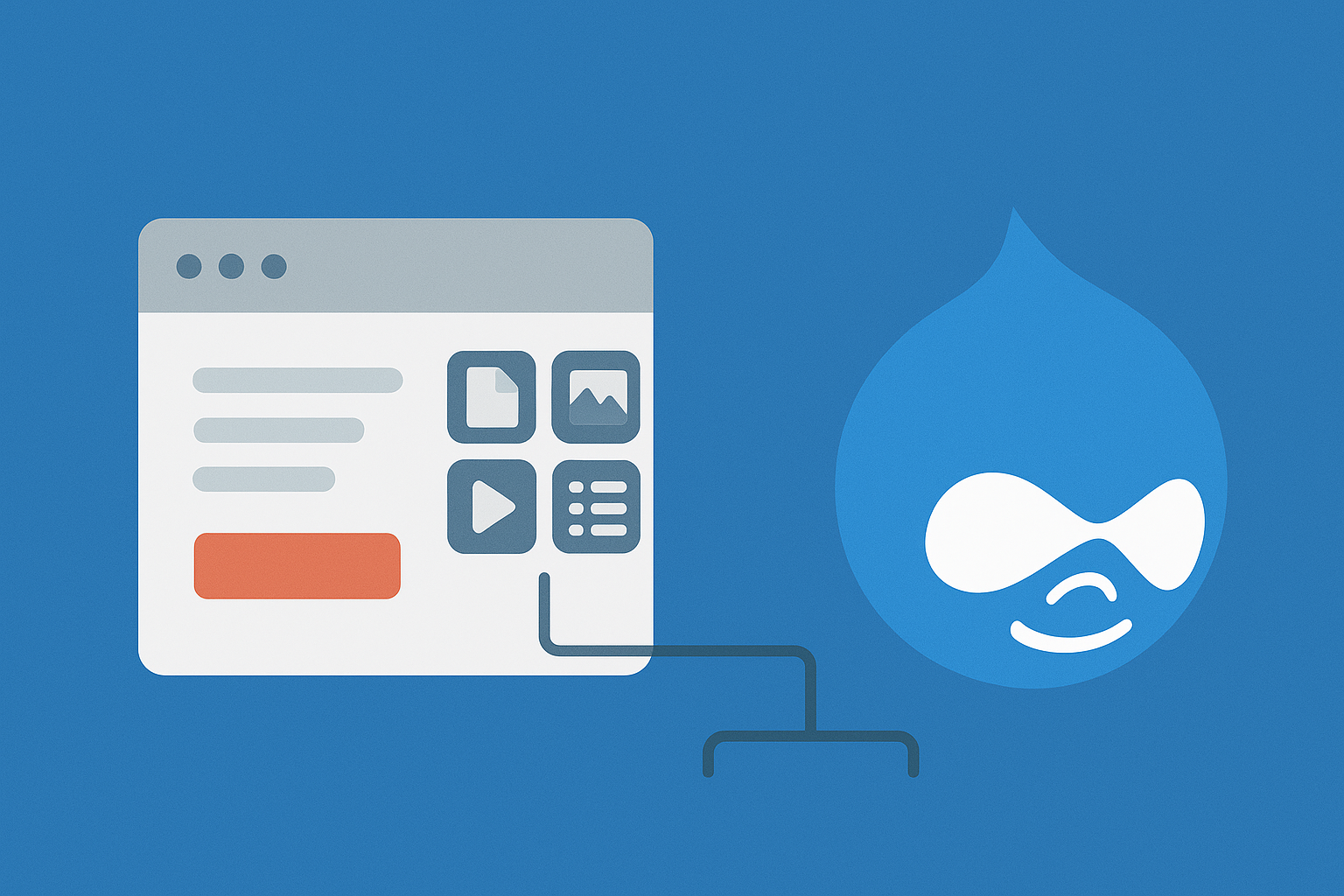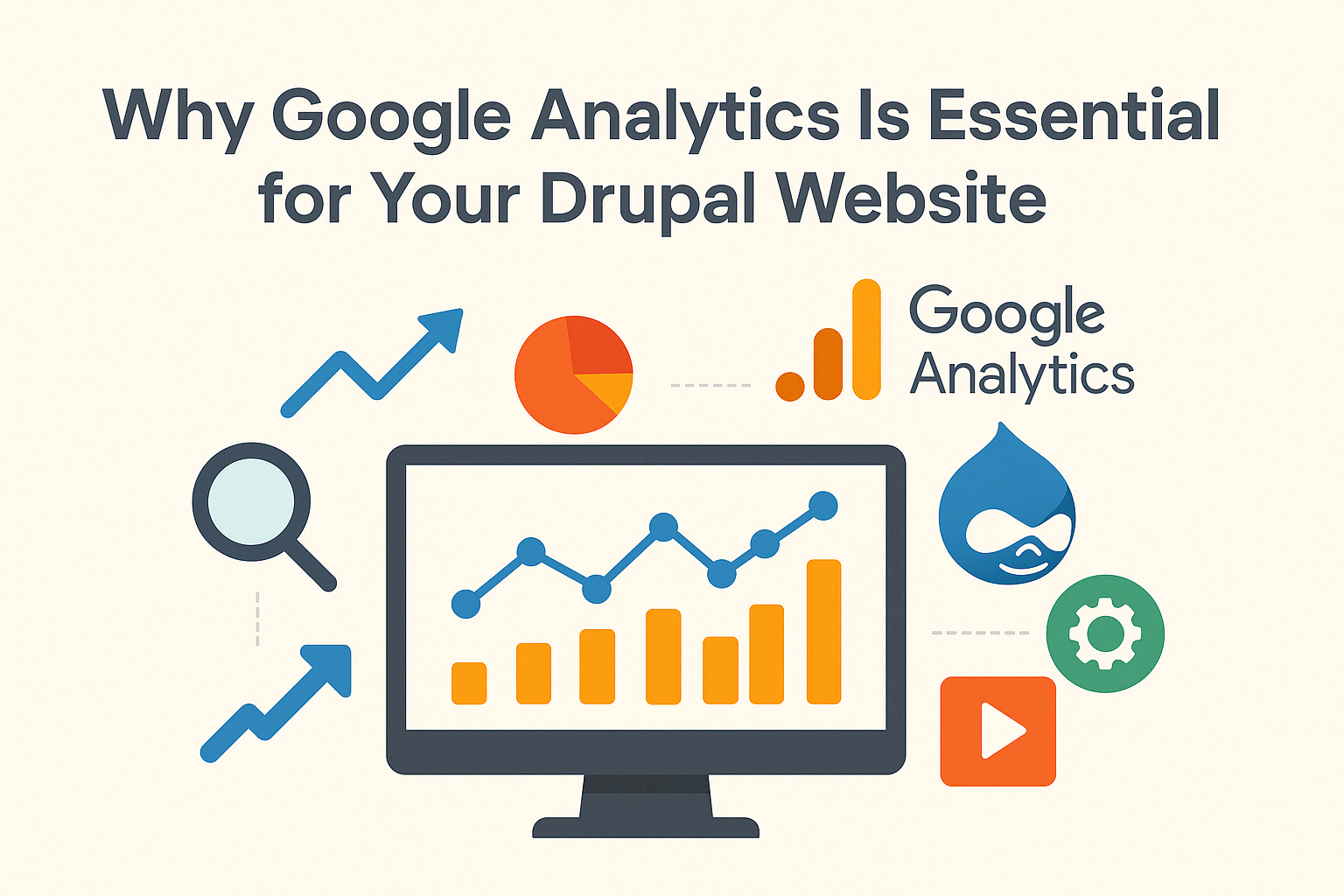1. Implement Caching Techniques
Caching is one of the most effective techniques to boost your Drupal site. Drupal has built-in caching technologies that keep copies of pages and database queries, reducing the time required to load content.
- Page Caching: Enable page caching for anonymous users in the Performance settings. This enables Drupal to serve cached versions of pages rather than regenerating them with each request.
- Block Caching: Use block caching for site blocks to ensure static content is served rapidly from the cache.
- Views Caching: If your site uses Views to display dynamic content, use caching settings in the Views configuration to reduce database requests.
2. Optimize Your Database
An optimized database can dramatically improve the performance of your Drupal site. Consider these suggestions:
- Database Maintenance: Keep your database clean by deleting obsolete revisions, unused modules, and unnecessary data to reduce database size and speed up queries.
- Indexing: Ensure that your database tables are correctly indexed, particularly for frequently queried fields, since this can result in faster query responses.
3. Reduce HTTP Requests
Minimizing HTTP requests can enhance load times. Here are some effective methods:
- Combine CSS and JavaScript: Utilize Drupal's aggregation feature to combine several CSS and JavaScript files into a single file, which reduces the number of queries.
- Optimize Images: When possible, utilize web-friendly image formats such as WebP, and use lazy loading to enhance initial load time.
4. Utilize a Content Delivery Network (CDN)
Using a CDN may significantly boost performance by distributing content over multiple worldwide servers. This decreases latency and speeds up content delivery, especially for users who are far away from your main server.
5. Monitor Performance Regularly
Make regular use of tools such as Google PageSpeed Insights, GTmetrix, or New Relic to evaluate the performance of your website. These resources provide information on potential slowing causes and offer customized suggestions for enhancement.
6. Optimize Server Setup
Additionally, your server environment affects how well your Drupal site performs. Think about the following:
- PHP Version: Always use the most recent stable version of PHP because these versions usually offer better security and speed.
- Web Server Configuration: Make use of a well-optimized web server setup. For instance, Nginx is more effective than Apache in serving static files.
In conclusion, Drupal performance optimization is a combination of caching, database optimization, request minimization, and the use of relevant technologies. By putting these tactics into practice, you may greatly enhance your website's functionality, which will enhance user satisfaction and increase its efficacy. Review these procedures frequently and stay updated with new tools and methods to maintain the speed and responsiveness of your Drupal website.










